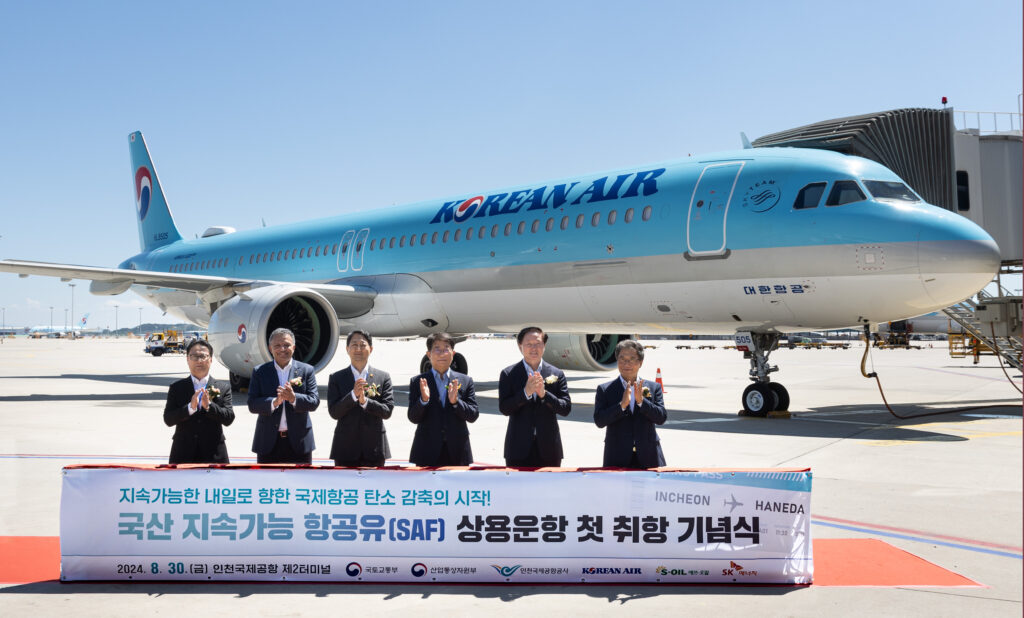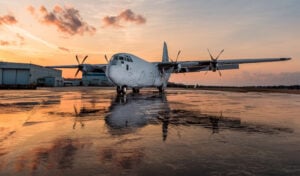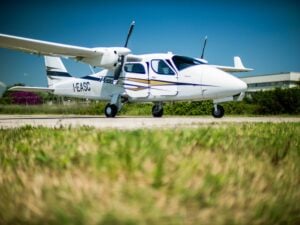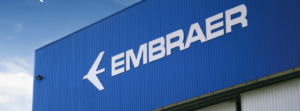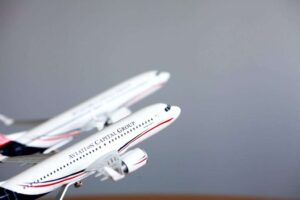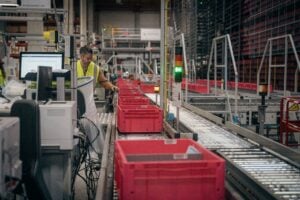A ceremony at Incheon Airport on August 30 marked the launch of Korean Air’s Sustainable Aviation Fuel (SAF) initiative. The event was attended by several high-profile figures, including Sangwoo Park, Minister of Land, Infrastructure and Transport (MOLIT); Dukgeun Ahn, Minister of Trade, Industry and Energy; Sanghyup Kim, Co-Chairman of the Carbon Neutrality and Green Growth Commission; Keehong Woo, President of Korean Air; Hakjae Lee, President of Incheon International Airport Corporation; Jonghoon Oh, President of SK Energy; and Anwar A. Al-Hejazi, CEO of S-Oil.
Beginning on August 30th and running through to July 2025, Korean Air will implement a 1% Sustainable Aviation Fuel-blend for its weekly flight KE719 from Seoul Incheon to Tokyo Narita. This initiative serves as a pivotal starting point for the airline’s domestic SAF programme, which aims to progressively expand the use of SAF across medium- and long-haul routes.
The SAF used for this route will be supplied by two prominent Korean energy companies: S-Oil and SK Energy. S-Oil will provide the SAF for the first six months, after which SK Energy will take over for the remaining period. S-Oil’s SAF is produced from used cooking oil, while SK Energy utilises a mix of used cooking oil and animal fats. Both products have been certified by the International Civil Aviation Organization (ICAO) under the Carbon Offsetting and Reduction Scheme for International Aviation (CORSIA), ensuring compliance with global sustainability standards.
The adoption of SAF is gathering momentum worldwide. The European Union’s “RefuelEU” policy mandates a minimum 2% SAF blend for flights departing from EU airports by 2025, with a target of 70% by 2050. Meanwhile, the United States, the world’s largest aviation fuel importer, has launched the “SAF Grand Challenge,” aiming to meet 100% of its aviation fuel demand with SAF by 2050.
South Korea is also making strides in SAF market development. In 2022, MOLIT and the Ministry of Trade, Industry and Energy announced the “Eco-friendly Biofuel Expansion Plan,” which sets out quality and production standards for domestically produced SAF. In August 2024, the government further amended the “Petroleum and Alternative Fuel Business Act” to allow the use of eco-friendly materials in petroleum refining.

